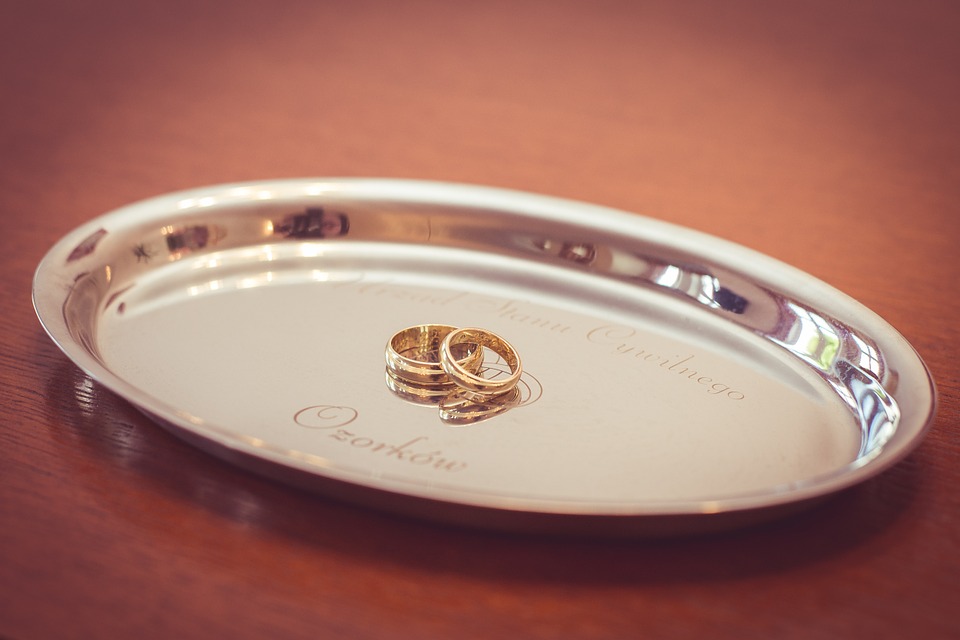
Government to extend civil partnerships to everyone
Theresa May has confirmed that every couple in England and Wales will be able to choose between civil partnership and marriage when they formalise their relationship. The news follows the uncertainty in the wake of the unanimous Supreme Court ruling in June 2018 that the restriction of civil partnerships to gay couples was discriminatory and a breach of human rights.
Charles Seidan and Rebecca Steinfeld who led the legal challenge, said that while the announcement is great news, they will only celebrate when the legislation is agreed and the government confirms the date for when the first different-sex civil partnership can take place.
Praising the announcement, Equalities minister Penny Mordaunt commented: “This is an important step forward for equality. There are all sorts of reasons why people may choose not to marry”.
One of those reasons why people may choose not to marry is because some believe marriage is at odds with contemporary values today as they perceive it as outdated ceremony entrenched in religion and tradition. They, therefore, seek the option to opt out of marriage to have a civil partnership instead.
Other supporters of extending civil partnerships to mixed sex couples believe that civil partnerships will serve as an alternative to some of those 3.3 million co-habiting couples, around half of whom have children, in England and Wales. Indeed, if it is the idea of marriage as an outdated and religious tradition that is putting cohabitees off marriage, then entering a civil partnership may be a welcome alternative. Certainly, as civil partnerships entitle couples to the same legal treatment as marriage in terms of tax, pensions, next of kin and inheritance, they are infinitely less risky than the vulnerability of cohabitation. The law does not afford legal protection to cohabitees nor is there any such thing as a “common law marriage”. For these reasons, it is hoped that by extending civil partnerships to mixed couples that more co-habiting couples will be able to benefit from legal protection.
It is important, however, to realise that as civil partnerships are treated broadly the same in law to marriage that the legal dissolution of a civil partnership is the same as for divorce. There is no quick route reserved for civil partnerships in this regard.
If you therefore are a cohabiting couple who have decided not to marry because you are concerned about going through a divorce and having to agree the finances, there are alternative steps outside of a civil partnership that you should consider taking in order  to protect yourselves legally in the event that the relationship breaks down. For example you may wish to enter into a cohabitation agreement or a pre-nuptial agreement in contemplation of marriage.
to protect yourselves legally in the event that the relationship breaks down. For example you may wish to enter into a cohabitation agreement or a pre-nuptial agreement in contemplation of marriage.
If you have any enquiries regarding any matters arising from this article, please contact a member of the Family and Divorce team on 020 8280 2713 who would be pleased to speak with you.
